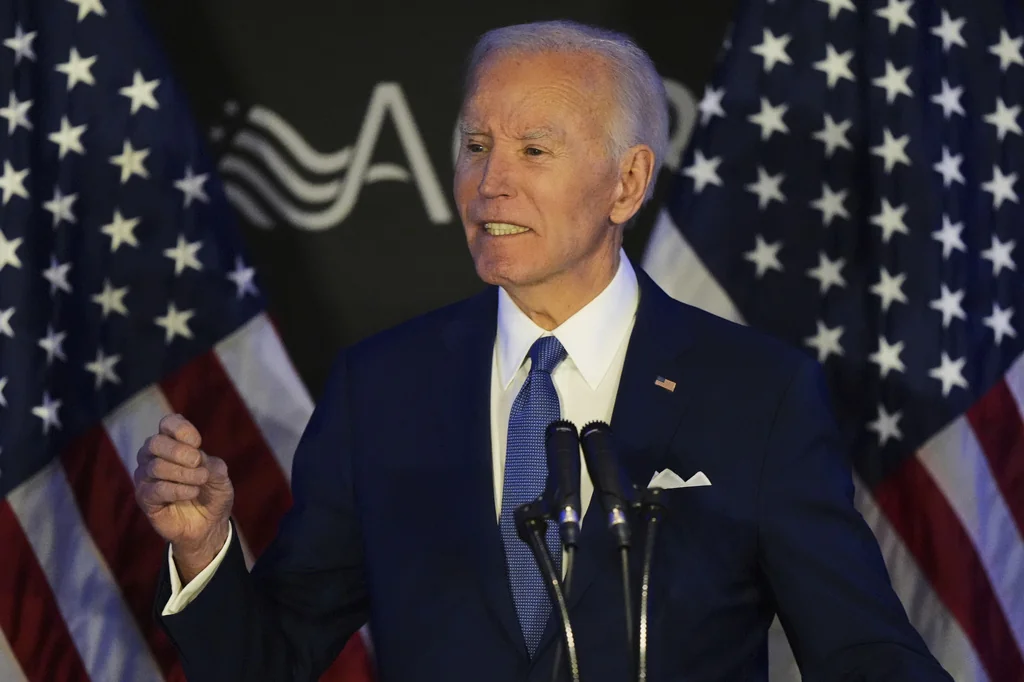Senate parliamentarian backtracks on rare disease drug price provision
A recent growth in the GOP’s budget reconciliation process involves the reintroduction of a provision that protects high-cost medications for multiple rare diseases from Medicare drug price negotiations. Senate Parliamentarian Elizabeth MacDonough announced that the language from the ORPHAN Cures Act qualifies to remain in the budget after reversing her earlier decision. This decision is viewed as a meaningful win for the pharmaceutical industry, as it aims to mitigate unintended consequences of the Inflation Reduction Act, which had limited exemptions for drugs treating solely one rare disease. Advocates argue that this restriction could discourage pharmaceutical companies from further exploring additional uses for their products. The new provision not only exempts drugs treating multiple rare diseases from negotiations but also extends the timeline before they can be subject to price negotiations for non-rare diseases. Both President Trump and several healthcare officials have expressed support for negotiating Medicare drug prices, indicating bipartisan interest in addressing this issue.
Parliamentarian reverses course on rare disease drug price provision in tax bill
A provision protecting expensive medications, used to treat multiple rare diseases, from the Medicare drug price negotiations made its way back into the GOP budget reconciliation bill after a last-minute switch from the Senate rule keeper, marking a sizable victory for pharmaceutical companies.
Senate Parliamentarian Elizabeth MacDonough announced Monday afternoon that the language from the ORPHAN Cures Act met the qualifications to stay in the Republican One Big Beautiful Bill Act, reversing her decision from Sunday.
A spokesperson for Sen. Martin Heinrich (D-NM) told Politico that the ORPHAN Cures Act had been reintroduced into the budget reconciliation bill. The spokesperson did not respond to the Washington Examiner’s request for confirmation.
The Orphan Cures Act was intended to address what the pharmaceutical industry considers to be one of many unintended consequences of the Inflation Reduction Act, which created the Medicare drug price negotiation system for “orphan” medications.
The original IRA only creates an exemption for the negotiation program for drugs designed to treat just one rare disease. Drugmakers say this disincentivizes companies from conducting follow-up tests to see if their products can treat multiple rare conditions.
The National Pharmaceutical Council recently published an analysis that found that, following the IRA’s passage in 2022, the percentage of drugs under the orphan designation approved to treat another disease fell from 12.1% to just 6.3%.
In addition to exempting new drugs that treat multiple rare diseases, the bill also delays the timeline for when the drugs would be open to negotiations, if approved to treat non-rare diseases.
President Donald Trump and several healthcare administrators have expressed that they are not against the Medicare drug price negotiation, even though it was passed in Democratic legislation under former President Joe Biden.
PLANNED PARENTHOOD DEFUNDING CAN STAY IN BUDGET BILL, SENATE PARLIAMENTARIAN RULES
Centers for Medicare and Medicaid Services administrator Dr. Mehmet Oz pledged to continue negotiations with pharmaceutical companies during his Senate confirmation hearings for the 2027 selections, which the Biden administration initiated the week before Trump took office.
Other Republicans, including Vice President J.D. Vance and Sen. Josh Hawley (R-MO), have also supported negotiating the prices of prescription drugs.
" Conservative News Daily does not always share or support the views and opinions expressed here; they are just those of the writer."




